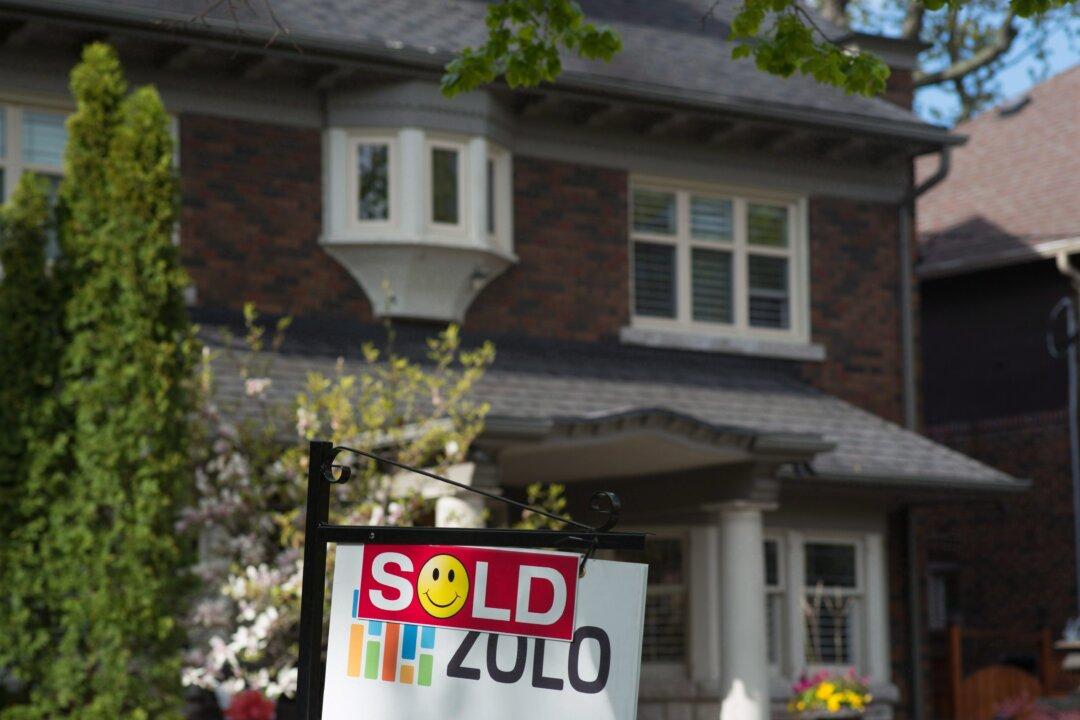Longer-term prospects for the large, unaffordable housing markets in Toronto and Vancouver remain upbeat, but in the near term, the situation remains weak as the adjustment to stricter mortgage rules goes on. Reducing regulatory costs to increase supply, which would improve affordability, rests in the hands of the provincial and municipal governments, according to analysis from the C.D. Howe Institute.
Things are getting worse in Vancouver and it’s difficult to say if Toronto’s market has finally bottomed.





